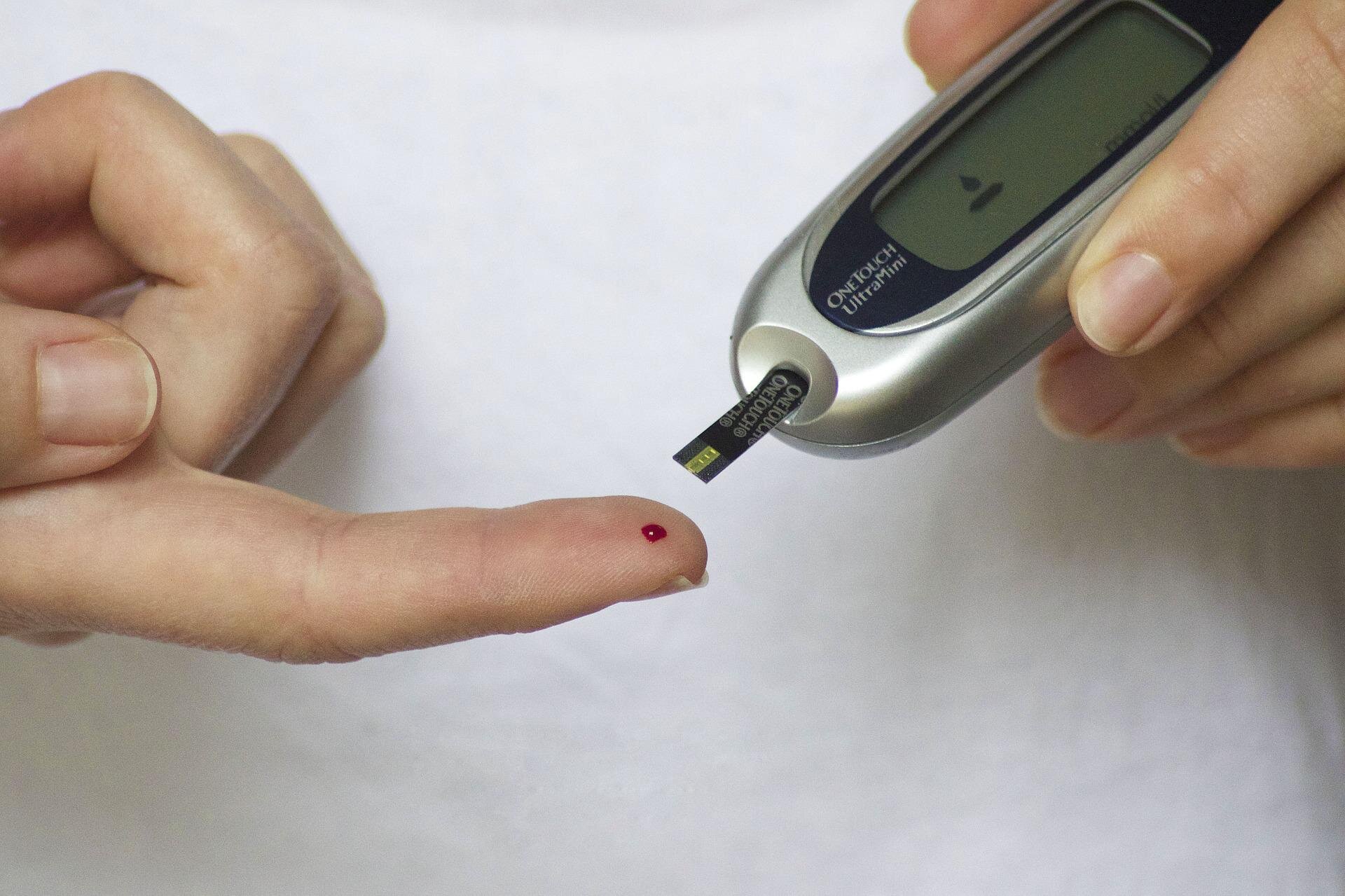Do you know which of the following foods contains cholesterol? Eggs, Sardines, Full-fat yogurt, and Sardines are the foods that have the least cholesterol. Sardines are good sources of cholesterol. These foods are rich in omega-3 fatty acids. Eggs are also an excellent source of protein. Full-fat yogurt is a good choice for cholesterol-free breakfast, as well. Read on for more information.
Eggs
Female animals in all kinds of ecosystems lay eggs. Humans have eaten bird, reptile, amphibian, and fish eggs for centuries. These eggs are made up of a protective shell called an eggshell and a substance called vitellus and albumen. Cholesterol is found in both the shell and the yolk. Eggs are considered one of nature’s perfect foods, and they contain essential nutrients for development. Here are the facts about egg yolk cholesterol.
Many health experts warn against eating eggs regularly because they raise cholesterol levels and can cause heart disease. This is not entirely true. A recent study has shown that regular egg consumption does not cause cardiovascular disease. Likewise, eating egg yolks daily does not cause weight gain. The media has been quick to report this surprising reversal, claiming that eating eggs regularly will lower your cholesterol levels and help you lose weight. This new research has reopened the debate.
While eggs contain high amounts of cholesterol, they are considered healthy if eaten in moderation. Eggs should be consumed in moderation and be balanced with other foods, such as fish, dairy, and meat. In addition, eggs should be consumed without excessive amounts of saturated fat, since saturated fat contains more cholesterol than protein. You should also consider the cholesterol content of other foods when preparing your egg meals. Some foods are loaded with cholesterol, including sausage, butter, and cheese. Eggs are high in saturated fat, so you can reduce their level by preparing them in other ways.
Sardines
While sardines contain cholesterol, their high purine content makes them an excellent choice for health conscious people. These compounds are metabolized by the body and break down into uric acid. These acids are excreted through the kidneys. However, consuming sardines in moderate amounts should not cause your sodium intake to skyrocket. Moreover, the high omega-3 content in sardines is beneficial for your heart and bones.
While sardines are low in saturated fat, they contain many omega-3 fatty acids. Although sardines contain a fair amount of cholesterol, most experts recommend a two-serving serving of sardines a week to be healthy. But be aware of the high sodium content – a serving of sardines contains almost 19 per cent of the recommended daily sodium intake! If you do consume sardines, be sure to read the label to find out exactly how much cholesterol is in each serving.
Although sardines contain cholesterol, they are still a good source of protein and omega-3 fatty acids. In addition, sardines contain important vitamins and minerals, like zinc, magnesium, manganese, and vitamin D. Although you shouldn’t eat sardines daily, you can prepare them at home if you like the taste. This is a great way to enjoy sardines without feeling guilty.
Full-fat yogurt
It is important to note that full-fat milk and yogurt have higher cholesterol than nonfat versions. Although they have more calories, full-fat dairy products contain some beneficial fats. Low-fat varieties, for example, may be more nutritious because they contain less saturated fat. Full-fat yogurt and milk may also be better for you because they contain more vitamin A and D. However, if you are concerned about your cholesterol levels, opt for low-fat versions.
While it is true that many health experts have recommended low-fat varieties, many believe that full-fat varieties are healthier. They may have fewer calories, but they contain hidden sugars and stabilisers that dilute the natural taste of the yogurt. In addition, cooking with full-fat varieties might not have the same rich taste. Nonetheless, the benefits outweigh any drawbacks. If you’re concerned about cholesterol, full-fat yogurt may be healthier.
If you’re concerned about cholesterol, you may want to limit your consumption of full-fat dairy products. The good news is that they’re still quite nutritious, and can be a healthy substitute for ice cream. However, in moderation, full-fat dairy products are a great way to reduce cholesterol and saturated fat. It’s also a good way to control your weight, which will reduce your risk of developing heart problems and coronavirus.




